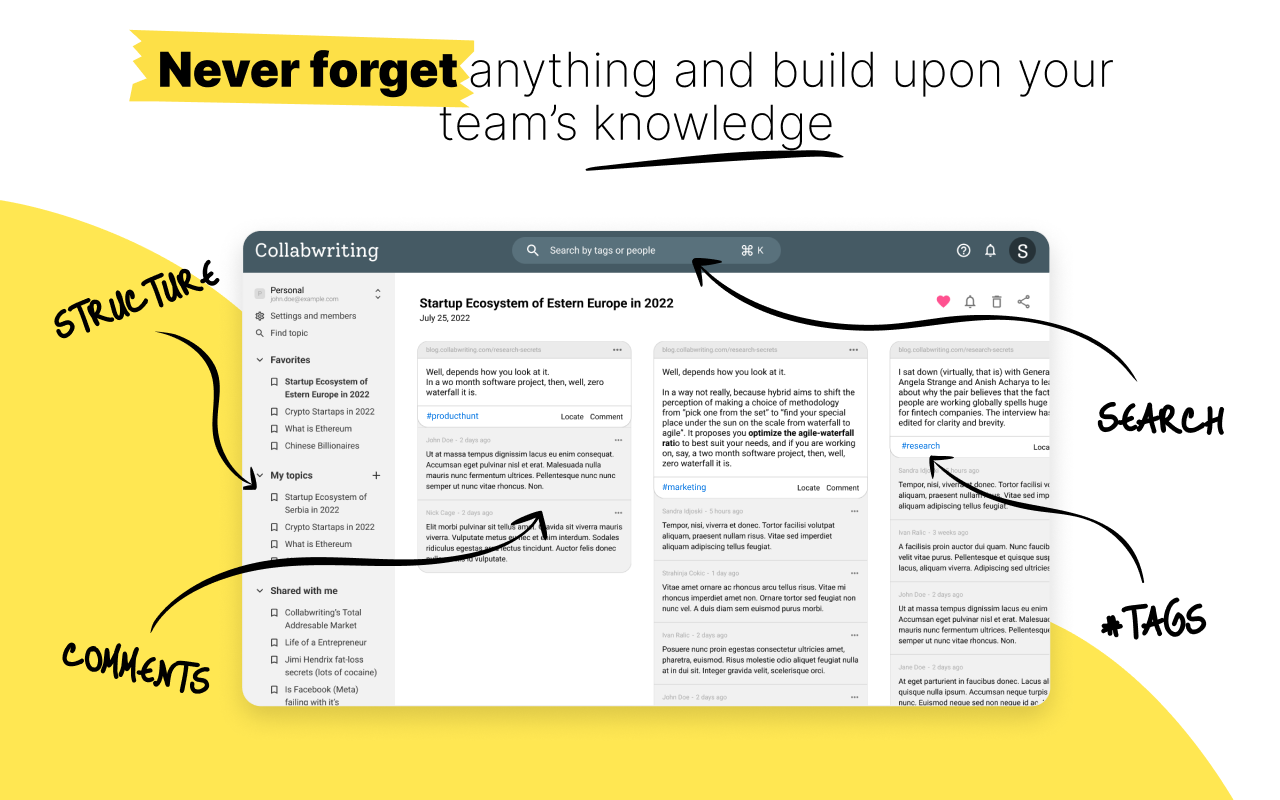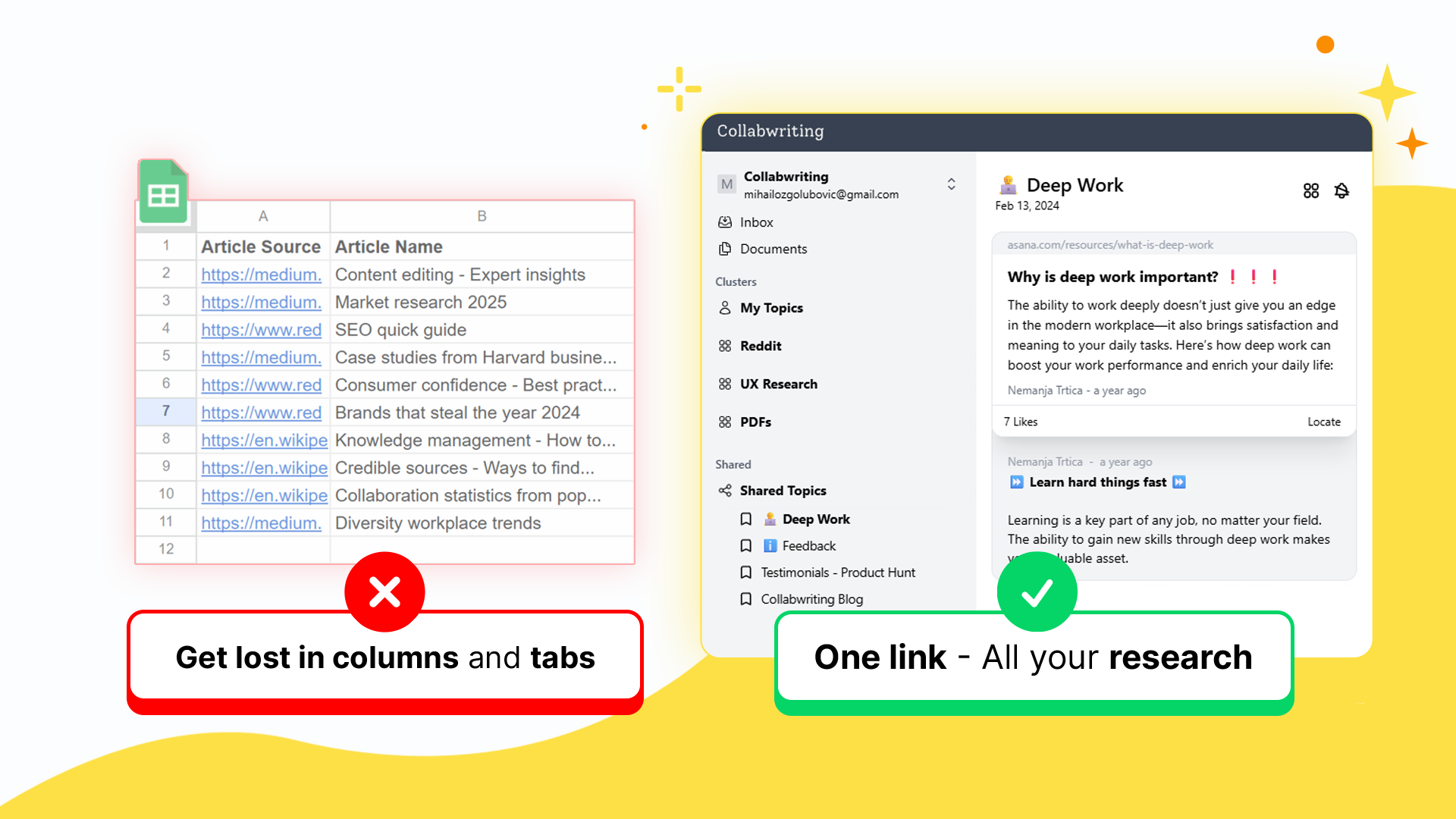While there are many ways we as individuals can master learning more efficiently, learning as a team can still pose a challenge.
Groups tend to learn through “discussion, clarification of ideas, and evaluation of others’ ideas.”
Building trust and promoting open communication
Whenever there's a knowledge-sharing activity, senior members should be the first ones to begin because, ultimately, their knowledge is being passed on to the juniors and newcomers.
The more willingness and openness they display, the more it will become a part of everyday work life for everyone.
This will create connections across the board and bring new ideas to the table with each interaction.
The Jigsaw technique
Jigsaw is a cooperative learning strategy that enables each person in a "home" group to specialize in one aspect of a topic. Group members meet with members from other groups who are assigned the same aspect, and after mastering the material, return to the "home" group and teach the material to their group members.
With this strategy, each person in the "home" group serves as a piece of the topic's puzzle and when they work together as a whole, they create the complete jigsaw puzzle.

This is especially useful in team-based organizational structures because it encourages spreading best practices throughout the organization.
Using real-world examples
Using real-life examples makes it easier for people to connect their work to the learnings and for the new knowledge to stay with them longer as it can quickly be put into practice.
This can be done by integrating case studies and examples into existing knowledge bases, but also through highlighting previously well-resolved challenges.
This approach leans heavily on the next way organizations knowledge and that is improving the problem-solving and critical-thinking skills of team members-
Enhancing problem-solving and critical-thinking skills
Problem-solving and critical thinking refers to the ability to use knowledge, facts, and data to solve problems effectively.
This doesn’t mean people need to have an immediate answer, it means they have to be able to think on their feet, assess problems, and find solutions.
Depending on what the problem is, such skills may involve active listening, teamwork, creative thinking, or mathematical analysis.
These things can be explored through creative workshops and brainstorming sessions where team members get to exercise and enhance these skills.
Learning as an everyday activity
The biggest flaw with many of the initiatives regarding knowledge sharing is that they stop. It never becomes prevalent enough in people's minds to see it as a part of their everyday work.
Some of the ways we can keep knowledge sharing in people's minds as they go about their days are:
- Having a team library - with both books relevant to work assignments but also other areas of personal development
- Expert for the day program - find people eager to share knowledge and give them a spotlight. This will motivate others to follow and make them more comfortable contributing to their personal insights.
- Creating a “rewards program” - if there is an incentive, people are more likely to take action. Rewards for contributing to knowledge-sharing initiatives can be books of choice, courses, training, or even conference tickets for the ones who contribute the most.
While implementing all of these can seem daunting, taking it step-by-step and starting out small can still make a huge difference in how knowledge circulates in your organization.
Small wins motivate big wins, and before you know it - you'll have an expert team working to solve any challenge put in front of it.

Collabwriting - Shareable Notes on Web Pages and PDFs
Collabwriting allows you to gather all your online sources in one place. Just highlight, save, and collaborate with anyone on any content you find online.














